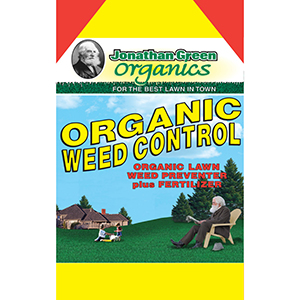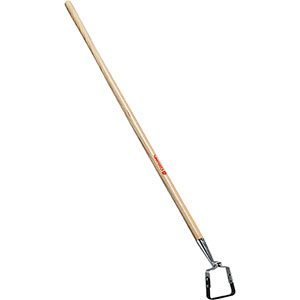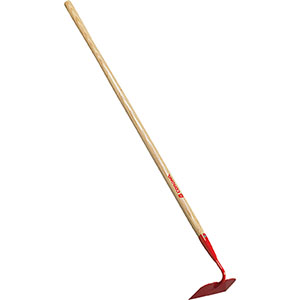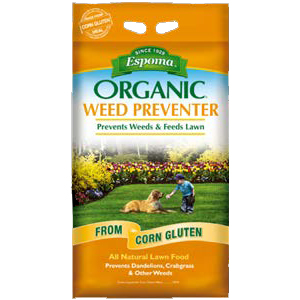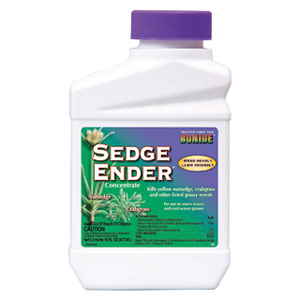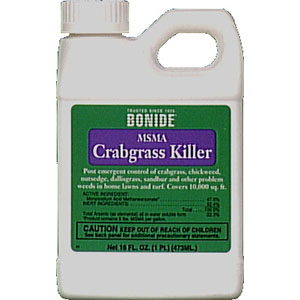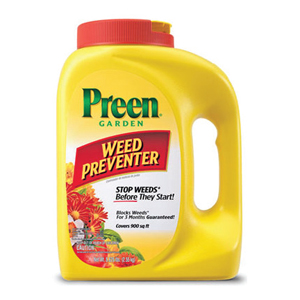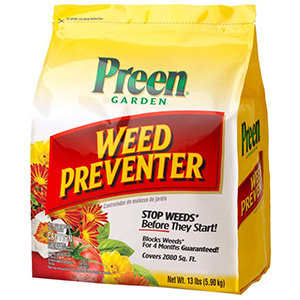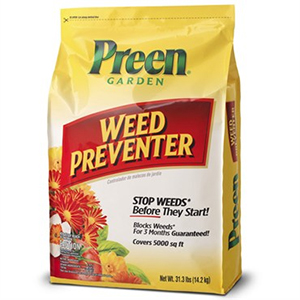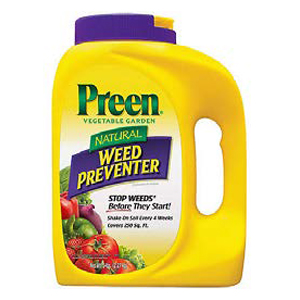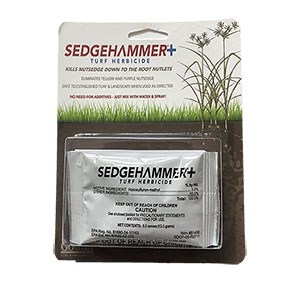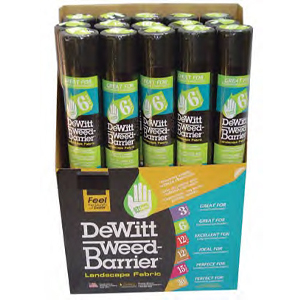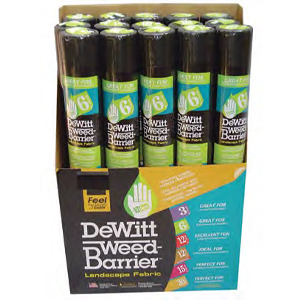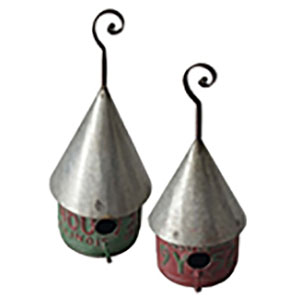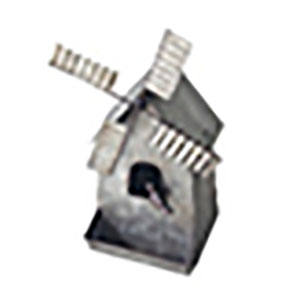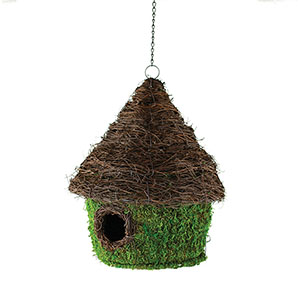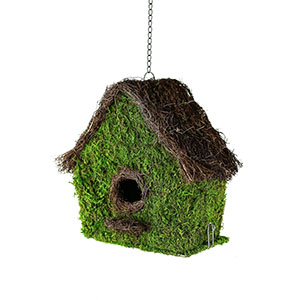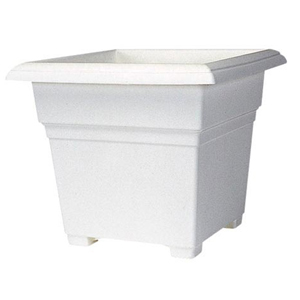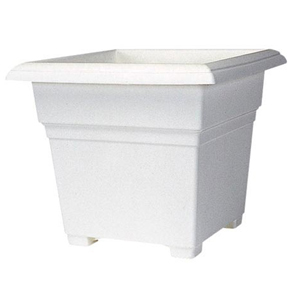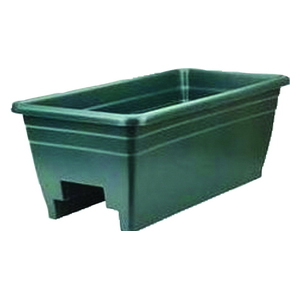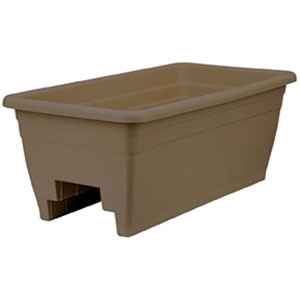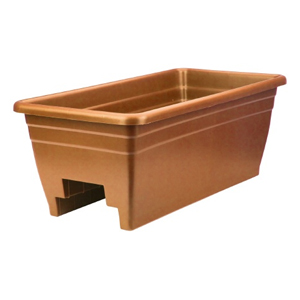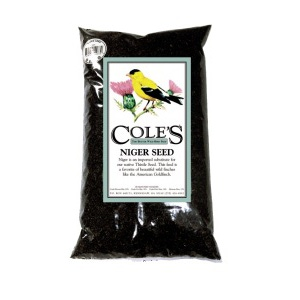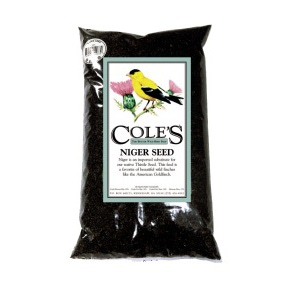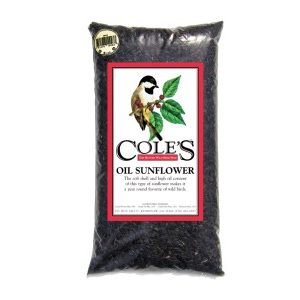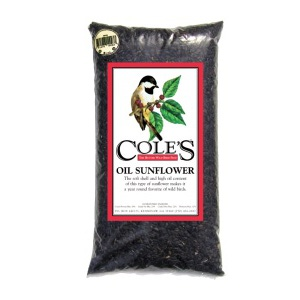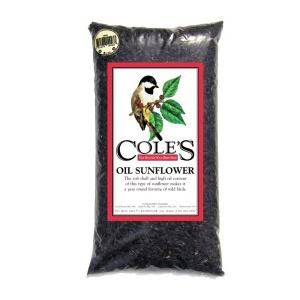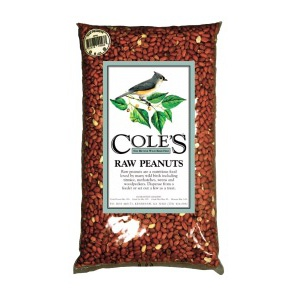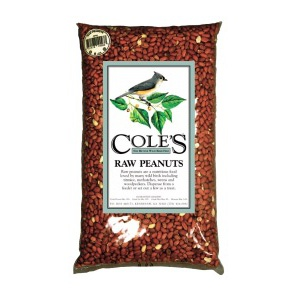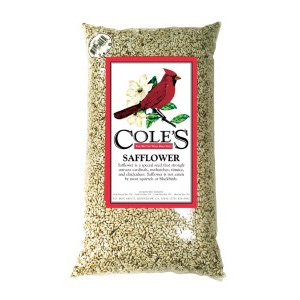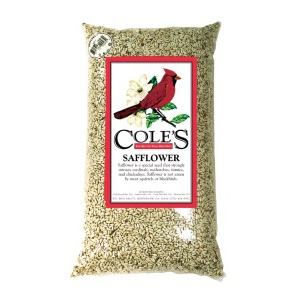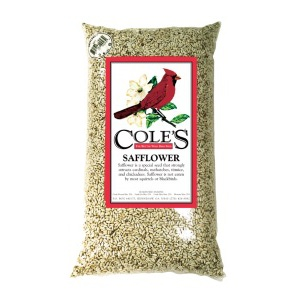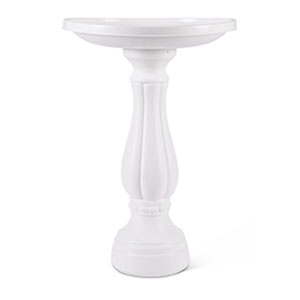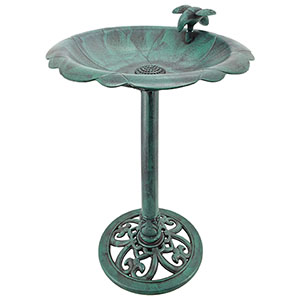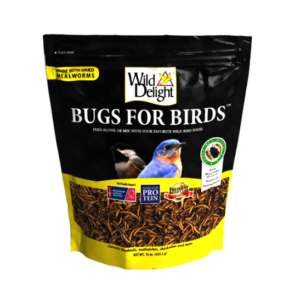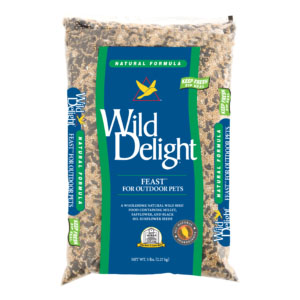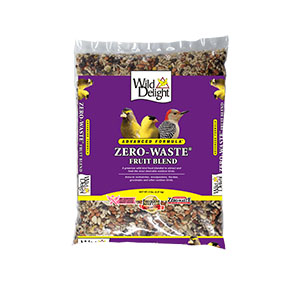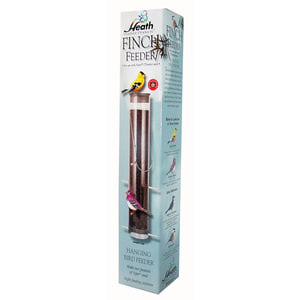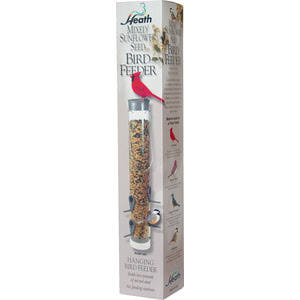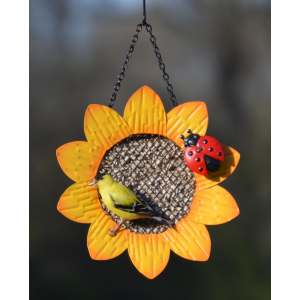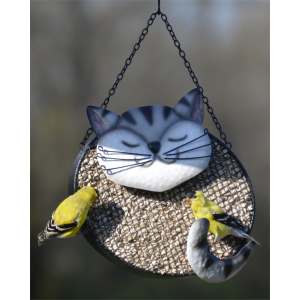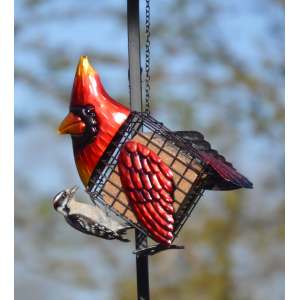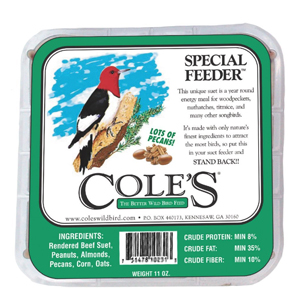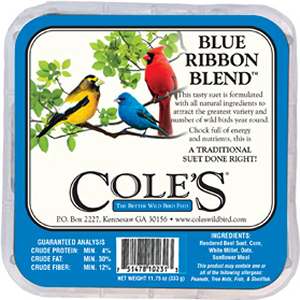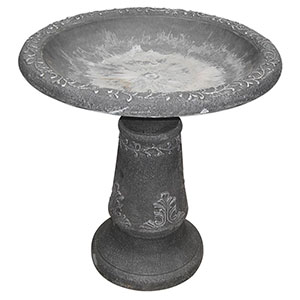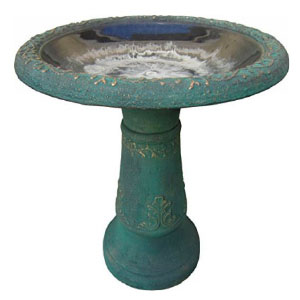Our nation has channeled their energy into their lawns, patios, and gardening over the past year and a half. You can assure yourselves that consumers have had both success and failure along the way. There were beginners to our vast industry in every segment. With Americans spending more time at home than ever before, what will happen when a good majority of people return to the workplace? Will the momentum continue as well as the interest?
Gaining Experience
The learning curve is challenging. Experience teaches you not to make the same mistake twice. When it comes to identifying what a good plant should look like and perform, there is a lot of blind faith involved. Pictures can be deceiving. Some expectations from novices believe that flowers or fruits just appear out of nowhere. A common observation is the green “stuff” that is growing like crazy in the garden looks healthy. Then reality sets in once a garden center identifies the growth. That is a weed? But its green! A more difficult task in gardening is to control or eliminate weeds from the garden or the lawn. Some weeds are easy to identify like the yellow dandelion flower with pin cushion seeds dispersing throughout the yard. Others like the dreaded crabgrass, appear once the temperatures warm the soil and begin taking over ground regardless of premium grass seed.
Prevention or Remedy- Selective Lawn Controls
From an organic standpoint, a healthy, thick lawn will usually defend itself from invasive seed borne weeds. Weeds thrive where the sun hits the bare soil and good seed to soil contact is present. Now that the window of opportunity has passed to “prevent” crabgrass from germinating, you must rely on controls to kill and contain. Post-emergent crabgrass killers are effective during the growing season from April through September. This remedy contains a specific active ingredient, Quinclorac, that is sold as a concentrate or a ready-to-use solution. It will kill the crabgrass right down to the roots and allow the “good” grasses to fill in. (Bonide Weed Beater Plus Crabgrass & Broadleaf Control not available in NY)
Clover is another weed that is a common dilemma for homeowners. While clover is a desired cover crop for animals, honey producers, and surprisingly some parks, it is hard to eradicate once established. Clover enjoys non-fertile soil and acidic conditions for pH. You can spot a nitrogen depleted lawn by some of these clover patches that find unoccupied space between grass stands. Any good clover control has the active ingredient, Dicamba, which works effectively on both new and old clover. Bonide makes a Chickweed, Clover, and Oxalis Killer that contains Dicamba and Triclopyr. Systemically kills to the root, it is a clover killer on steroids that works on over 150 different weeds.
Beginning in warmer June weather, some of the lawn grass (actually, a weed) begins to grow very tall, very fast, and is light green in color. Nutsedge is a grassy type weed that grows in both northern and southern lawns. While you can control nutsedge with common crabgrass killers, to take them out you need a special type of active ingredient. Bonide Sedge Ender contains the active, Sulfentrazone plus Prodiamine that is economical as well as safe for homeowner use. My personal recommendation is to use Monterey Sedgehammer if you really want to “kill” this scourge of a weed. It contains 5% Halosulfronmethyl and if you must apply a second application, it will provide professional success like no other retail product available in the garden center.
Prevention or Remedy- Preventative Garden Controls
Weeds left unchecked will steal nutrients that flowers and vegetables need to produce their flowers or fruits. The product most recognized with garden weed control is a product named Preen Weed Preventer. There are two very different formulas for weed prevention available using one chemical active ingredient. The first choice is the traditional Preen using 1.47% Trifluralin that is available with or without plant food and controls for up to 3 months. Preen is also available is a Natural Vegetable Garden Preventer that contains corn gluten meal. Sprinkle this product AROUND (not on) vegetables once a month to obtain best results. Jonathan Green produces a similar Corn Gluten Weed Preventer product for use on lawns, landscape beds, and vegetable gardens to control both grassy weeds and broadleaf weeds.
Cultivation
A popular method of natural weed control for gardens is to cultivate between the rows of plants every 3-4 weeks to shear plant growth from their root systems. The Corona Oscillating Hoe or Garden Hoe are quality built and will last many years for your one-time expense. Common weed suppression applications include burlap or landscape fabric installation versus the use of plastic that will not allow water and air to penetrate the soil surface. It may be time consuming depending upon the size of your garden, but it provides a return of confidence in knowing your vegetables and fruits are chemical free…and you get some cardio (and blisters) to show for it.
So, if your lawn or garden is filling up with a different and unwanted green plant, take a closer look. It may be time to reach for the weed controls or a box of facial tissues for a good cry.
Popular Weed Control Products:


